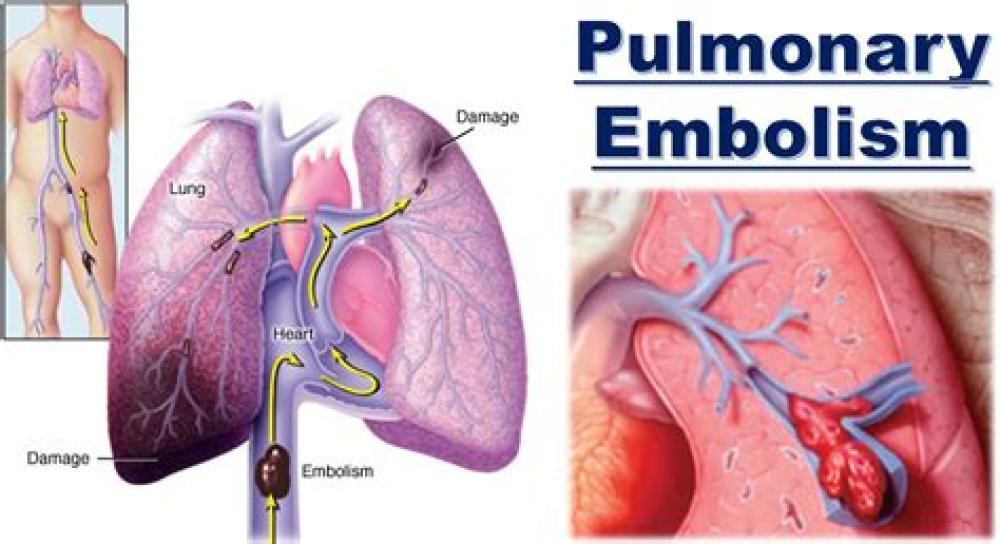Authors: W. Glen Pyle
Almost since the beginning of the COVID-19 pandemic, a piece of the SARS-CoV2 virus called the “spike protein” has drawn interest from researchers and healthcare professionals.
New research by Yuyang Lei and colleagues published in the journal Circulation Research sheds new light on how the spike protein might play a critical role in the widespread damage caused by SARS-CoV2, and offers insight into treating the complications of COVID-19.
Vaccine skeptics have seized on the study to cast doubt on the safety of vaccines. But a review of the study’s findings shows that the concerns raised by vaccine doubters are much ado about nothing.
The Study
The vascular endothelium is an important player in the illness and death associated with COVID-19. The endothelium is a system of cells that line and protect the inside of blood vessels. SARS-CoV2 injures the endothelium leading to blood clots, heart attack, pulmonary embolism, and stroke. Despite the established link between COVID-19 and these cardiovascular complications, the mechanism by which they develop is unknown.
Researchers from Jiaotong University; the University of California, San Diego; and the Salk Institute used a pseudovirus coated with spike protein to investigate the effects of the viral protein on endothelial cells. Pseudoviruses – which were first developed over 50 years ago – contain the outer shell of the virus, but they lack the viral genes needed to reproduce.
Hamsters treated with the spike protein coated pseudovirus showed lung damage similar to that seen in humans infected with SARS-CoV2. When researchers added pseudovirus to cultured endothelial cells they found that the mitochondria inside the cells were injured. Since mitochondria are responsible for providing energy to cells, their dysfunction can cause cell death.
When isolated pulmonary arteries were exposed to the spike protein carrying pseudovirus there was some disruption in the ability of the blood vessels to dilate. The decreased ability to expand blood vessels that serve the lungs could impair the ability of the body to take up oxygen from lungs that are damaged by the virus.
The novelty of this study was the discovery that the spike protein itself causes damage, and that the pathway triggered by the spike protein could explain the widespread cardiovascular complications that develop in COVID-19 patients.
For More Information: https://www.science20.com/w_glen_pyle/the_thorny_problem_of_covid19_vaccines_and_spike_proteins-254373
